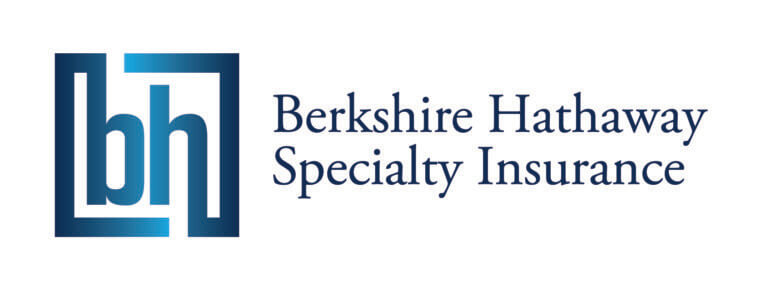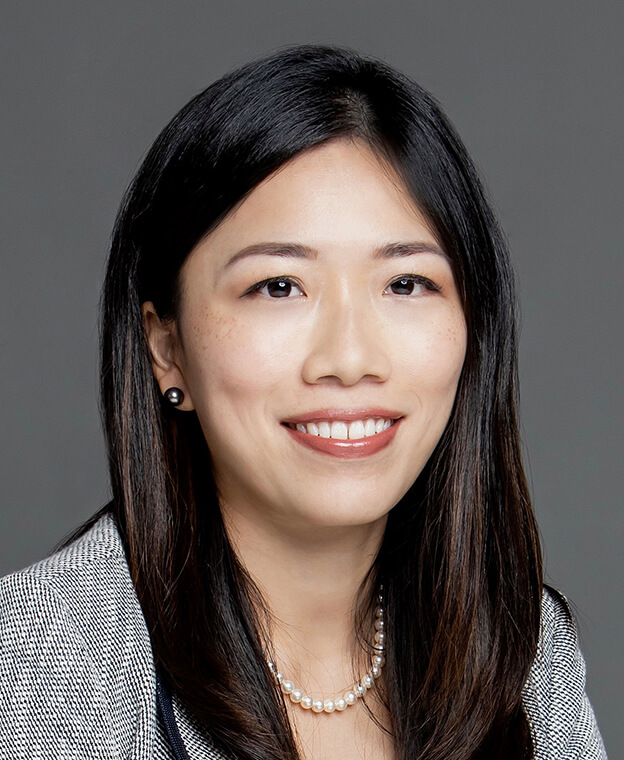
Ground-up, first dollar medical insurance has long been the norm for employers across Asia. Times are changing, however, and more employers are now considering self-funding options, i.e., retaining & managing part of these risks themselves. Idie Si, Head of Accident & Health in Asia for Berkshire Hathaway Specialty Insurance, discusses why an increasing number of employers are considering integrating Medical Stop Loss into their legacy medical insurances.

How would you describe the state of medical insurance market across Asia?
Idie Si: Medical inflation has historically been high in Asia. As the frequency and severity of employee’s medical claims gradually return to pre-pandemic levels, medical costs will soar again. Pent-up demand for medical care and the delays in testing and treatments during lockdowns will have a knock-on impact on these medical costs. Hence it is likely companies will be seeing double-digit increases in their medical insurance premiums at a time when the economy is still reeling from shutdowns, supply disruptions and inflationary trends.
As companies look for ways to better control rising medical costs and bring certainty to their budgets, they are increasingly eager to explore alternative solutions such as Medical Stop Loss programs.
What does Medical Stop Loss program do?
Idie Si: With traditional ground-up program, employers pay a fixed premium to their medical insurance carriers and transfer 100 percent of the risk. With Medical Stop Loss program, employers self-fund their employees’ medical costs up to an agreed level and buy a stop loss cover in excess of that amount.
Whilst available on a per-person basis, the most relevant Medical Stop Loss program in Asia provides coverage in excess of an annual aggregate level agreed by the employer. This is where Medical Stop Loss derives its name from: it gives employers certainty over their medical costs. Employers can avoid paying loading margins and commission on the self-funded portion of the program and most importantly, are protected against spiraling medical costs and budget volatility.
Medical Stop Loss programs have been widely adopted in the U.S. for decades and can be tailored to individual needs. Employers can decide the annual level of amount they are willing to self-fund within a Medical Stop Loss program.
What are the different types of Medical Stop Loss programs?
Idie Si: Medical Stop Loss can be in the form of specific excess of loss on a per employee basis, or more fittingly for Asia, on an aggregate basis in excess of a pre-agreed annual total sum.
Other than in the US where individual medical claims can literally cost millions, employers in Asia are exploring Medical Stop Loss on an aggregate basis to protect their self-funded medical programs. This allows companies to better manage medical costs with the assurance that they will not exceed a pre-agreed level even if there are drastic increases in the frequency and severity of medical claims.
How would employers know if Medical Stop Loss program makes sense to them?
Idie Si: In our experience, companies with 250 employees or more can benefit the most from the cost-savings built in Medical Stop Loss programs. First, as a condition to be self-funding medical costs, employers need to have the financial strength to meet their obligations. Second, employers with a clear long-term vision of their employee benefits will be prime candidates for Medical Stop Loss programs. Such programs will enable significant cost savings over time but like any investment, it can take time for the benefits to become fully realized.
Last but not least, employers opting for Medical Stop Loss programs will have a greater say and more flexibility over the benefits offered to their employees. Over time, they can have the options to choose specific benefits that match their retention strategies and differentiate themselves against competition. The database and experience built throughout the process will also enable companies to further tailor benefits that fit their employees’ needs.

BHSI is one of few markets in Asia providing Medical Stop Loss. What has drawn BHSI to this line?
Idie Si: Our A&H team has deep expertise locally and globally in this line of business and Medical Stop Loss is particularly well aligned with both our long-term commitment to our customers and our formidable financial strength.
A Medical Stop Loss program requires a true partnership between the employer and the Stop Loss insurer. Employers need to be ready to challenge their existing medical plans and take control over their own programs. BHSI has the knowledge and the long-term strength to accompany its customers in this journey.

Idie Si
Head of Accident & Health, Asia
Berkshire Hathaway Specialty Insurance
+852 3729 1354
[email protected]
-
Allianz General | Allianz General combines innovative protection solutions while powering social good to lead Malaysian market
The carrier proactively addresses emerging risks and evolving customer protection needs while giving back to the community.
-
Sedgwick | Asia’s Energy Transformation – Balancing Growth, Risk and Renewables
Energy market presents unique risks, especially in a region which includes China and Japan as well as developing nations like Vietnam and the Philippines.
-
Beazley | Turbulent Waters: the maritime energy transition challenge
Businesses are facing a complex transition to non-carbon energy sources amid a push to achieve net-zero emissions for the marine sector by 2050.
-
Aon | Navigating shifts in the global and Asia insurance markets
Neelay Patel, Aon head of growth for Asia, says the market in Asia is at an ‘interesting stage of the cycle’.
